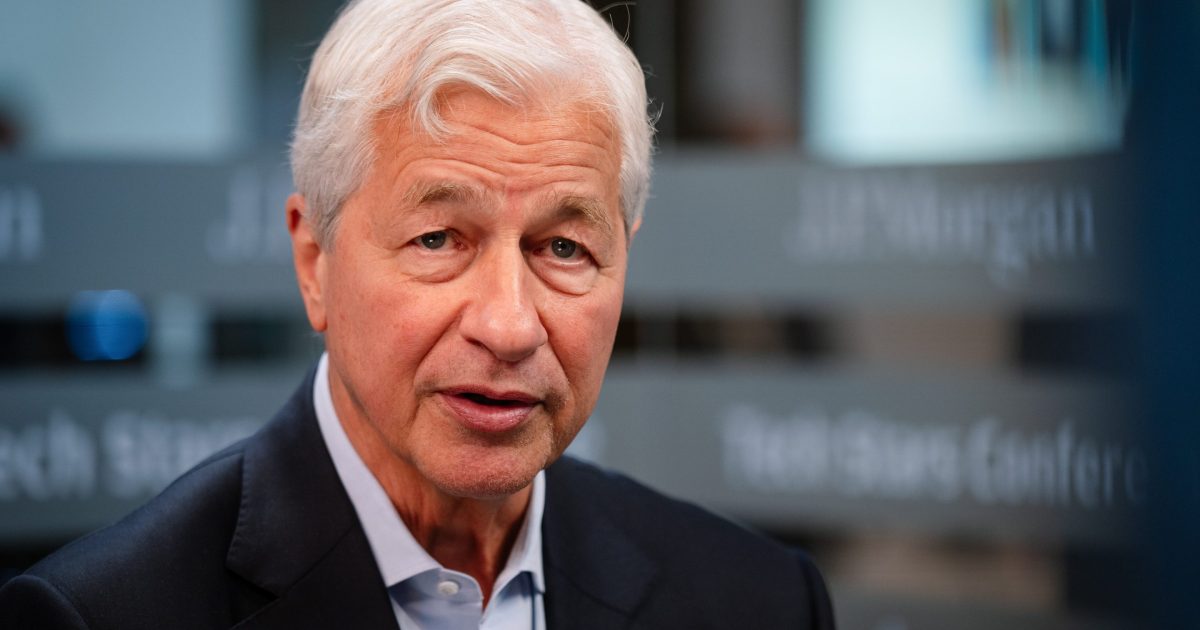
""It happens too fast," he said, referring to sudden, disruptive technological change. He urged society, government and business to "figure out how we can save jobs," whether that's retraining, a new form of income, early retirement, he said there's a need for "something. You can't just take all these people and throw them on the street ... making $30,000 a year when they were making ($150,000), you'll have a revolution.""
""AI itself is real," he declared, making clear that he sees the underlying technology as both transformative and enduring. "You should be using it," he said, speaking to any business that was listening. But he added a caveat, saying that back in 1996, "the internet was real" and "You could look at the whole thing like it was a bubble." Then he broke down the real difference that he sees: between AI, on the one hand, and generative AI, on the other."
AI represents a genuine, enduring technological breakthrough with transformative and practical implications. Generative AI is distinct from broader AI and has driven heightened market enthusiasm that may include asset bubbles. Rapid adoption of AI risks eliminating jobs too quickly, comparable to mechanization from tractors and cars, creating urgent need for retraining, alternative income, early retirement, or other social supports to prevent unrest. Some projects and investments will fail or evolve differently; overall AI adoption is likely to produce substantial payoff, necessitating careful, case-by-case evaluation of investments and policy responses.
Read at Fortune
Unable to calculate read time
Collection
[
|
...
]